
On July 1, 2025, the Government officially issued Decree No. 180/2025/ND-CP on mechanisms and policies for public-private partnership (PPP) in the field of science and technology development, innovation and digital transformation.
This is the first time a separate sub-law document has been designed for PPPs in specific, high-risk and knowledge-intensive fields, which have previously faced many barriers in terms of law, finance, intellectual property and investment mechanisms.
To better understand the highlights of Decree 180 as well as the preferential and outstanding policies for private investors in the fields of science, technology, innovation and digital transformation according to this decree, Nhan Dan Newspaper reporter had an interview with Mr. Pham Thy Hung, Deputy Director of the Bidding Management Department ( Ministry of Finance ) - the unit with the function of advising and assisting the Minister in implementing state management of investment under the public-private partnership (PPP) method.
Reporter: Sir, Decree 180 recently issued by the Government has created a legal corridor for attracting private resources to participate in promoting the development of science, technology, innovation and digital transformation. Could you please tell us about the notable highlights of this decree?
Mr. Pham Thy Hung: It can be said that any form of cooperation between the public and private sectors in the fields of science, technology, innovation and digital transformation has so far been accepted under the provisions of Decree 180.
The Decree has expanded the scope of application of the PPP form, not only limited to traditional forms such as BT, BOT, BTL, O&M... but also expanded to other forms of public-private partnership such as using public assets for joint ventures, associations or three-party cooperation models: State, scientists and enterprises.
Some breakthroughs in this Decree can be mentioned as follows:
Firstly, the Decree specifically stipulates product groups that can be subject to public-private cooperation in the fields of science, technology, innovation and digital transformation, including: digital transformation projects, scientific research and product commercialization projects, projects to build digital infrastructure, and develop strategic technologies according to regulations of the Prime Minister.
Second, the Decree is designed to simplify the process, procedures, and content of the project to the maximum, allowing the application of the fastest and simplest forms of investor selection, such as the mechanism of appointing investors or selecting investors in special cases for PPP projects in the fields of science, technology, innovation, and digital transformation.
Accordingly, investors who propose projects without using the state budget or investors who have the right to own strategic technology or the right to use strategic technology will be appointed to implement that project. In addition, the implementation process has also eliminated the step of establishing investment policies, helping to significantly shorten the time to prepare and implement PPP projects in these areas.
On the other hand, Decree 180 stipulates many outstanding incentive mechanisms and policies for the fields of science, technology, innovation and digital transformation, such as tax incentives; exemption and reduction of rent and land use fees; and a highly protective risk-sharing mechanism for investors.
Specifically, in the first 3 years of project implementation, if the actual revenue is lower than the revenue in the initially committed financial plan, the State will compensate 100% of the difference. After three years, if the revenue still does not reach 50% of the expected, the State can buy back the project and will pay all valid costs of the investor during the construction and operation of the project.
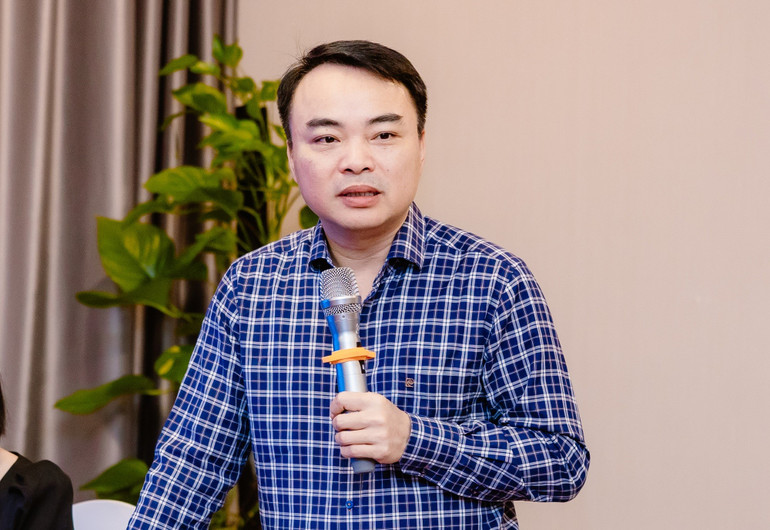
Regarding the form of public-private partnership such as the use of public assets in joint ventures and associations, the Decree also has a number of provisions to facilitate investors, state agencies and enterprises in the process of using public assets for joint ventures and associations, for example, provisions related to asset valuation. When cooperating without establishing a new legal entity, the parties participating in the joint venture or association do not have to determine the value of public assets brought to the joint venture or association...
In addition, the decree also stipulates a number of principles for profit sharing based on the parties' contribution ratios to intangible assets such as intellectual property, software copyrights or data, in order to remove difficulties that units encounter when using these intangible assets for joint ventures and associations.
The Decree is also designed in the direction of maximum decentralization, in line with the recent policy of amending the Law on Investment under the public-private partnership model (PPP Law). For example, decentralization allows heads of public service units to decide on asset valuation as well as approve joint venture and association projects...
Reporter: As you just shared, if PPP projects in the fields of science, technology, innovation and digital transformation do not meet expectations after 3 years of operation and business, the State will pay 100% of the difference in revenue reduction to investors. Specifically, what is the financial source for the State to compensate for revenue in this case?
Mr. Pham Thy Hung: At the time of issuing the policy, the Central Steering Committee on Science, Technology, Innovation and Digital Transformation Development as well as the Government assessed that science and technology is a relatively risky field, and the output products have not yet been specifically identified as to the market.
To mobilize the private sector to participate with the state, there must be outstanding preferential policies to encourage them to dare to think and do, to invest their own resources. The state can bear the risks, but these are risks the state is willing to bear in order to accompany businesses.
The budget to compensate for the difference in revenue reduction for investors in case the project does not meet expectations will be arranged from science and technology funds, venture capital funds, even from the annual medium-term public investment budget, or from sources of increased revenue, cost savings, etc.
Resolution No. 193/2025/QH15 dated February 19, 2025 of the National Assembly on piloting a number of special mechanisms and policies to create breakthroughs in science, technology, innovation and national digital transformation development, or the Law on Science, Technology and Innovation (Law No. 93/2025/QH15) also has provisions on the mechanism for accepting risks with venture investment in the field of science and technology.
Reporter: With such new points and facilitation mechanisms, what positive signals have there been from businesses investing in the fields of science, technology, innovation and digital transformation, sir?
Mr. Pham Thy Hung: The leaders of the Ministry of Finance, including the Minister himself, are very interested in and directly direct the process of developing and implementing this decree. When developing the decree, the Ministry of Finance cooperated and coordinated very closely, consulted many times with state agencies, especially technology enterprises, listened to and absorbed their opinions to include in this decree. The Minister also requested the Bidding Management Department and relevant units in the Ministry to closely coordinate and accompany state agencies and technology enterprises so that the decree, after being issued, can quickly come into life.
Therefore, when the decree was issued, it received very positive feedback from state agencies as well as technology enterprises. Most of the enterprises that we spoke to highly appreciated the outstanding regulations and policies in Decree 180.
Recently, the Ministry of Finance has strongly urged state agencies as well as technology enterprises to proactively research and propose public-private partnership projects in the fields of science, technology, innovation and digital transformation.
Up to now, we have received project proposals from about 10 ministries, branches and more than 20 localities. We are working directly with each ministry, branch and locality to determine which projects are truly feasible to apply the PPP form.
For example, in Da Nang, we work with the City People's Committee to study and implement public-private partnerships for digital copy projects and science-technology exchange projects. Or Cao Bang, a northern mountainous province, has also proposed a project to build a data center under the PPP model.
In the coming time, the Ministry of Finance will work directly with state agencies, businesses and localities to both guide and accompany right from the first stages such as project preparation, legal guidance, and expert support to promote the rapid implementation of these projects.
In addition, we are also developing a handbook on public-private cooperation for the fields of science, technology, innovation and digital transformation, initially focusing on project groups on data exploitation and investment in building digital infrastructure. Technology enterprises can cooperate with data management agencies to exploit value-added services on data and develop digital infrastructure, such as data centers, etc.
Thank you very much!
Source: https://nhandan.vn/ky-vong-dot-pha-phat-trien-khoa-hoc-cong-nghe-tu-mo-hinh-hop-tac-cong-tu-post919961.html




![[Photo] Opening of the 14th Conference of the 13th Party Central Committee](https://vphoto.vietnam.vn/thumb/1200x675/vietnam/resource/IMAGE/2025/11/05/1762310995216_a5-bnd-5742-5255-jpg.webp)


![[Photo] Panorama of the Patriotic Emulation Congress of Nhan Dan Newspaper for the period 2025-2030](https://vphoto.vietnam.vn/thumb/1200x675/vietnam/resource/IMAGE/2025/11/04/1762252775462_ndo_br_dhthiduayeuncbaond-6125-jpg.webp)







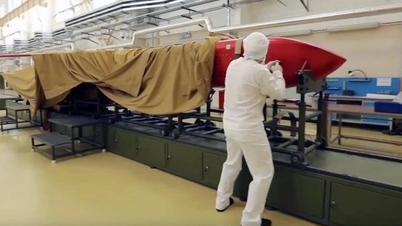






![[Photo] Discover Con Ho on the Co Chien River](https://vphoto.vietnam.vn/thumb/402x226/vietnam/resource/IMAGE/2025/11/05/1762321199846_1-64-jpg.webp)


























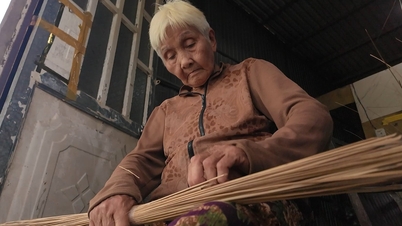















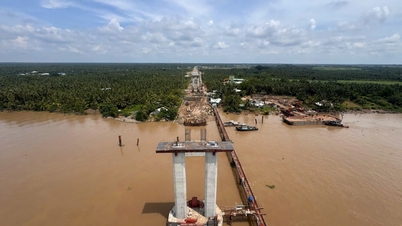
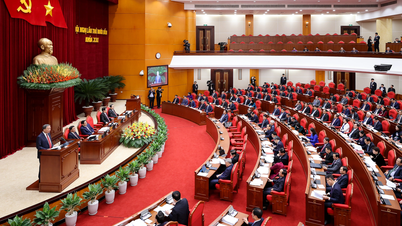



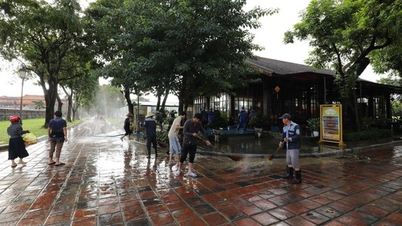

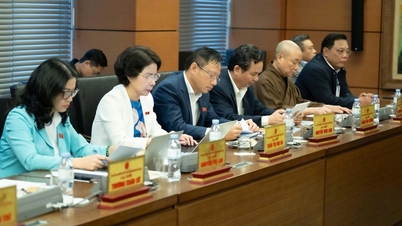
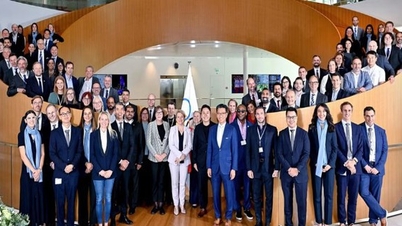

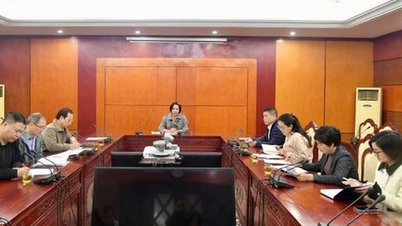



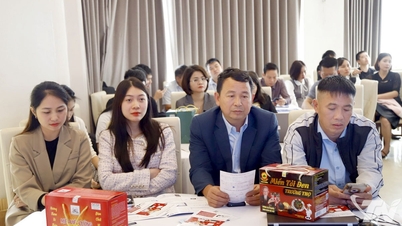

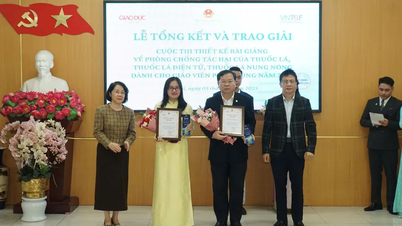














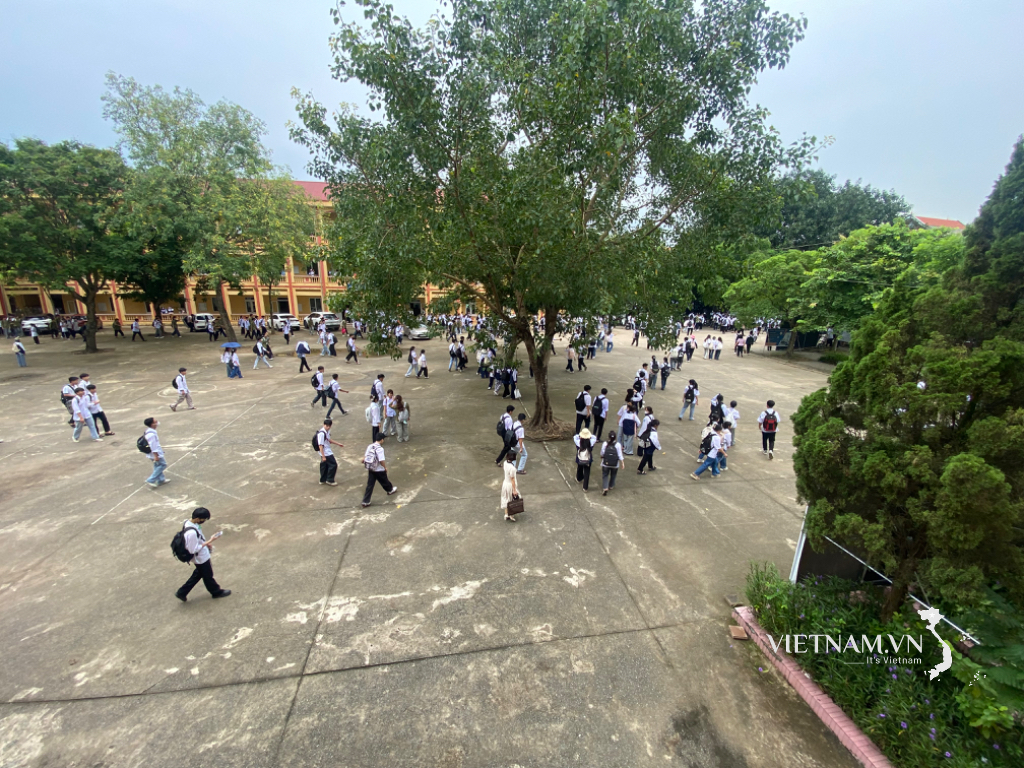
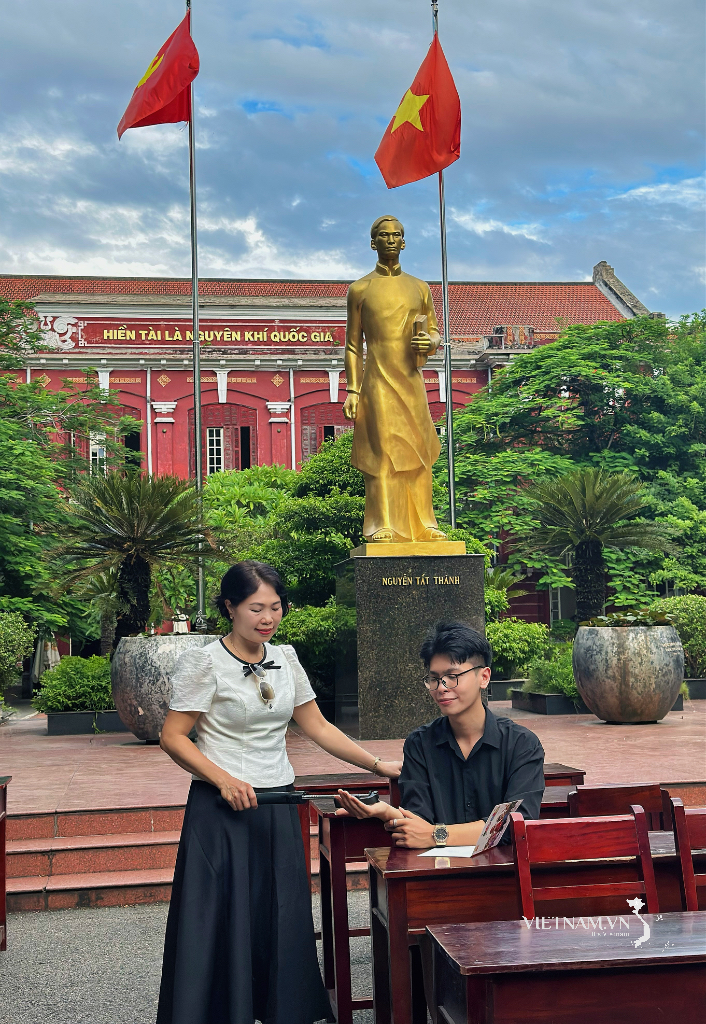


Comment (0)